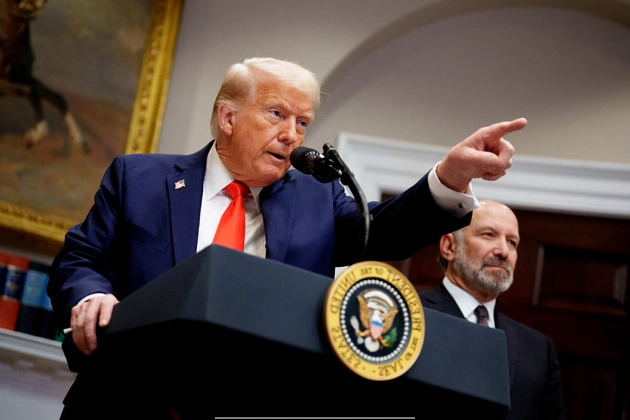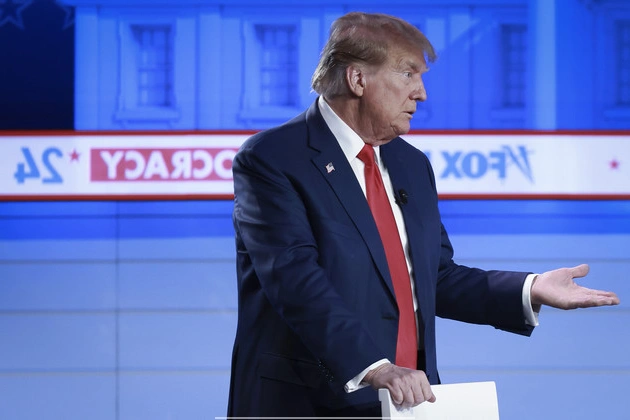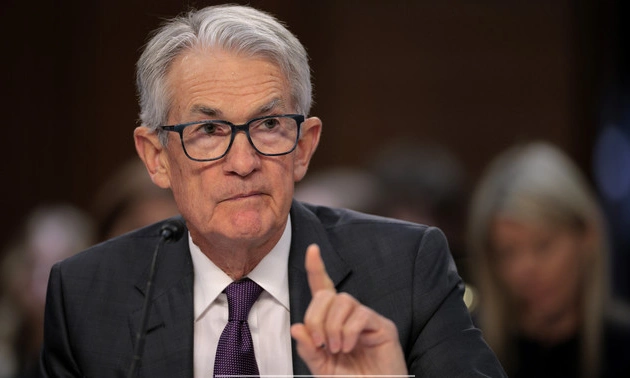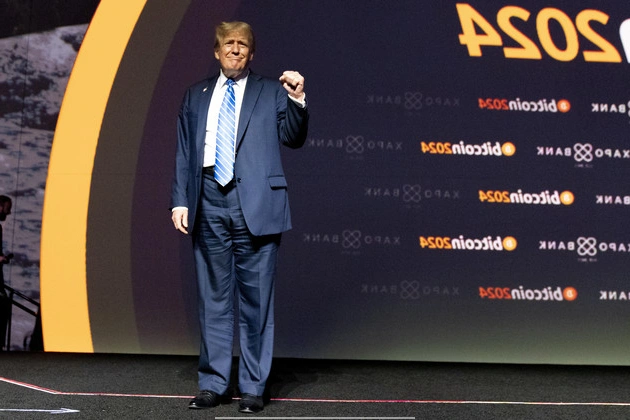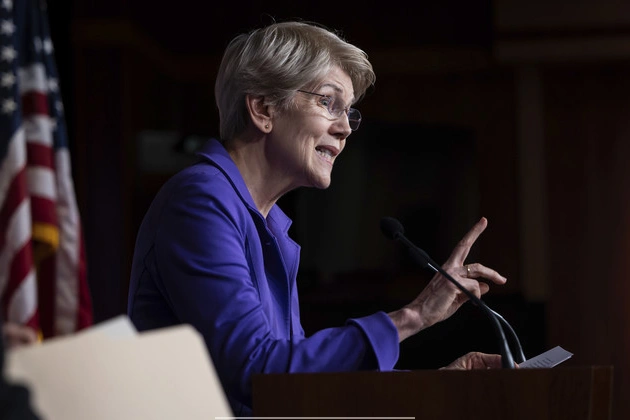
As Democrats navigate a new clash over cryptocurrency policy, a showdown between industry-friendly lawmakers and Sen. Elizabeth Warren looms large. The push for legislation to legitimize the digital assets sector, spearheaded by pro-crypto advocates, is gaining momentum amid a broader shift in Washington’s regulatory landscape.
The Political Divide
Pro-crypto lawmakers, backed by a Republican-led initiative to establish the U.S. as the ‘crypto capital of the planet,’ are seeking bipartisan support to pass crucial legislation in the Senate. This effort has revealed a rift within the Democratic party, with some members like Sen. Kirsten Gillibrand embracing industry-backed measures, while others, including Sen. Warren, express reservations.
Warren, a vocal critic of the digital assets sector, emphasizes the need for stringent consumer protections and anti-money laundering measures. Her stance sets the stage for a test of how she will navigate differences within her party, especially as she assumes a leadership role overseeing Wall Street and crypto affairs.
The Industry’s Influence
The crypto industry’s growing political influence, marked by substantial campaign spending, has swayed policymakers across the aisle. Lawmakers, like Sen. Ruben Gallego, who diverge from Warren’s views, underscore the industry’s economic significance and advocate for regulatory clarity.
With only a fraction of the population engaging in crypto transactions, the sector’s political clout belies its user base. Strategic spending by crypto firms, targeting key demographics, has resonated in political circles and fueled bipartisan interest in the industry.
The Road Ahead
Despite ideological differences, Democrats are increasingly drawn to the crypto sphere. Leaders such as Sen. Mark Warner and members of the Senate Banking Committee signal openness to engaging with crypto issues and crafting regulatory frameworks.
Key legislative proposals, like the one on stablecoins led by Sen. Tim Scott, are poised for deliberation, presenting a pivotal moment for bipartisan collaboration. While disagreements persist on specific provisions, the momentum towards regulating digital assets underscores a broader shift towards embracing innovation in the financial sector.
As the debate unfolds, the role of Democrats in shaping crypto policy will be instrumental. Balancing consumer protection with industry growth remains a focal point, with negotiations expected to shape the industry’s trajectory in the coming years.







